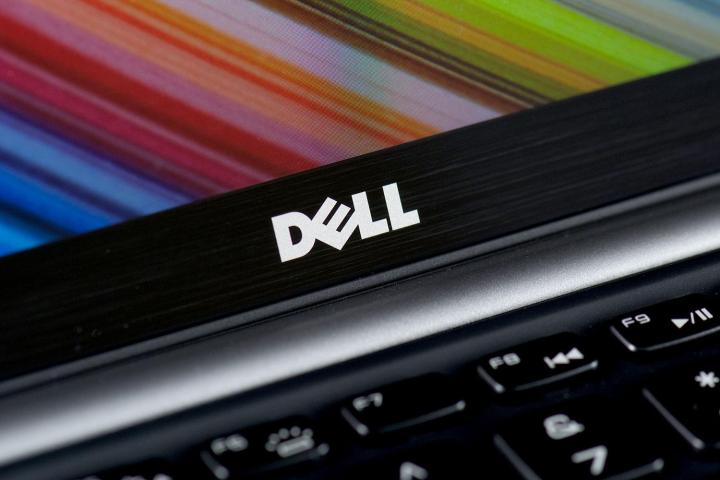
No really, it’s true.
“Growth in the mature markets was offset by a decline in shipments in emerging markets, similar to what was seen in the second quarter of 2014,” Gartner principal analyst Mikako Kitagawa says. “Positive results in Western Europe and North America can be a sign of gradual recovery for the PC industry.
Globally, the biggest players in the PC industry have enjoyed a much better third quarter this year than they did last year. For instance, Lenovo shipped 15.7 million units globally in the third quarter, followed by 14.2 million for HP, 10.1 million for Dell, 6.8 million for Acer, and 5.7 million for Asus.
As a result, when comparing the third quarter of 2013 to the third quarter of 2014, HP grew by 4.4 percent, Dell shot up 9.7 percent, and Acer’s shipments spiked by 9 percent. Asus, according to Gartner’s research, experienced the biggest jolt, growing by 16.9 percent.
Gartner breaks down the third quarter market share picture for these five companies like this. Lenovo takes the top spot with 19.8 percent for the third quarter of 2014. HP nips at its heels with 17.9 percent. Dell comes in third with 12.8 percent. Acer and Asus occupy 8.6 percent, and 7.3 percent, respectively. All of these numbers are generally similar to what IDC recently reported, though that report swaps in numbers from Apple in the fifth spot.
Why all the new life? There are a few reasons.
“Consumers’ wallets were gradually coming back to PCs, although back to school sales season was not exceptional,” Kitigawa says. “More availability of affordable touch-based laptops, price drops of thin and light laptops, and 2 in 1 hybrid laptops will attract consumers this holiday season.”
We’re pretty sure that the end of Windows XP support also plays a role in this surge. It will be interesting to see what the holiday shopping season, along with the full launch of Windows 10 will do for PC sales.
So much for that “dead” PC market. Sure, sales might not be skyrocketing, but a significant uptick of any kind is a far cry from the doom and gloom that has been predicted for the industry over the past few years.

